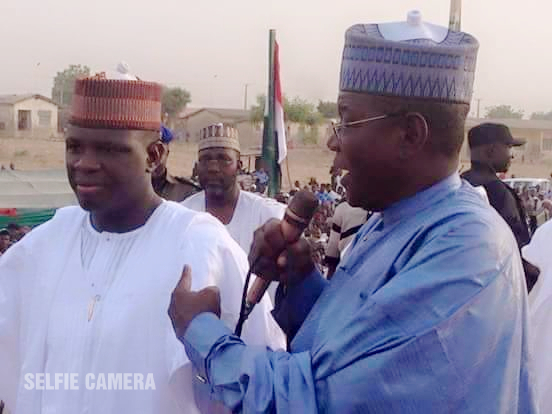The NEPU 8 and the Future of Progressive Activism in Northern Nigeria
Exactly 68years ago on this day, eight young men (as they then were) met somewhere in the Sabongari area of Kano city and changed the political landscape of the then Northern region and today’s Nigeria forever. They were the NEPU 8, and what they founded was the Northern Elements Progressive Union (NEPU)
Politics has never been the same again, not only in the region but the country as a whole
Sometimes, one looks back and reflects at how such a small crowd of eight that was so young could come up with so much clear thoughts and eventually mobilise for an efficient, effective and profound political action
There could be assumptions in their declaration that by hindsight might be considered as flawed, but overall, their construction of the problems of northern Nigeria still stands and remains valid till date
Had they or the movement survived till date, they might perhaps be forced to either review or update their principal thought about the inherent class antagonism between the Talakawas and the exploitative bourgeoisie (NA and the colonial overloads), which they constructed as strictly vertical and top bottom
The concept of freedom the NEPU activists presented to the Talakawas was unrealistic, because it was absolute, infinite, and an end in itself. It was also demanded from the repressive establishment without any corresponding responsibility to either the State or even self. It was a self destructive freedom. The Talaka was the absolute victim. This ‘victimhood’ narrative for example, informed the ill informed debate around taxation that eventually abolished instead of reforming it
Today, partly due to their activities, but also inspite of it, the Talakawa have their political rights, and are nominally free. However, because of the original misconception of the freedom, the oppression of the Talakawa is now democratized and exists at both the horizontal, vertical and self levels. And the Talaka himself would have to need a second redemption from himself to complete his emancipation
There is no better tribute after almost 70yrs than to mobilize for another NEPU 8, or ten or even a thousand and more, who shall redefine, refine and refocus the original philosophy
Presently, our new oppressors are more of the descendents of the liberated Talakawas than the ‘compact and hereditary rulers in the native authorities’ as th NEPU 8 had reasoned.
As it exist, most of the Emirs (who are the heirs of the traditional establishment in northern Nigeria) are not only very progressive and forward looking but also radical agents of change. About four of the five Emirs in Jigawa for example and the Emir of Kano (the then NEPU province) could have been mistaken for NEPU spokespersons if they were to exist and advance their views 70yrs ago
In essence, NEPU can still and should exist as a sociopolitcal philosophy for personal and societal advancement around the core values of – human rights and dignity, economic freedom and inclusion, free, compulsory and qualitative education, gender equity and child’s right – without necessarily the acrimonious class antagonism that characterised it 68yrs ago
Where and who are the new NEPU 8?


